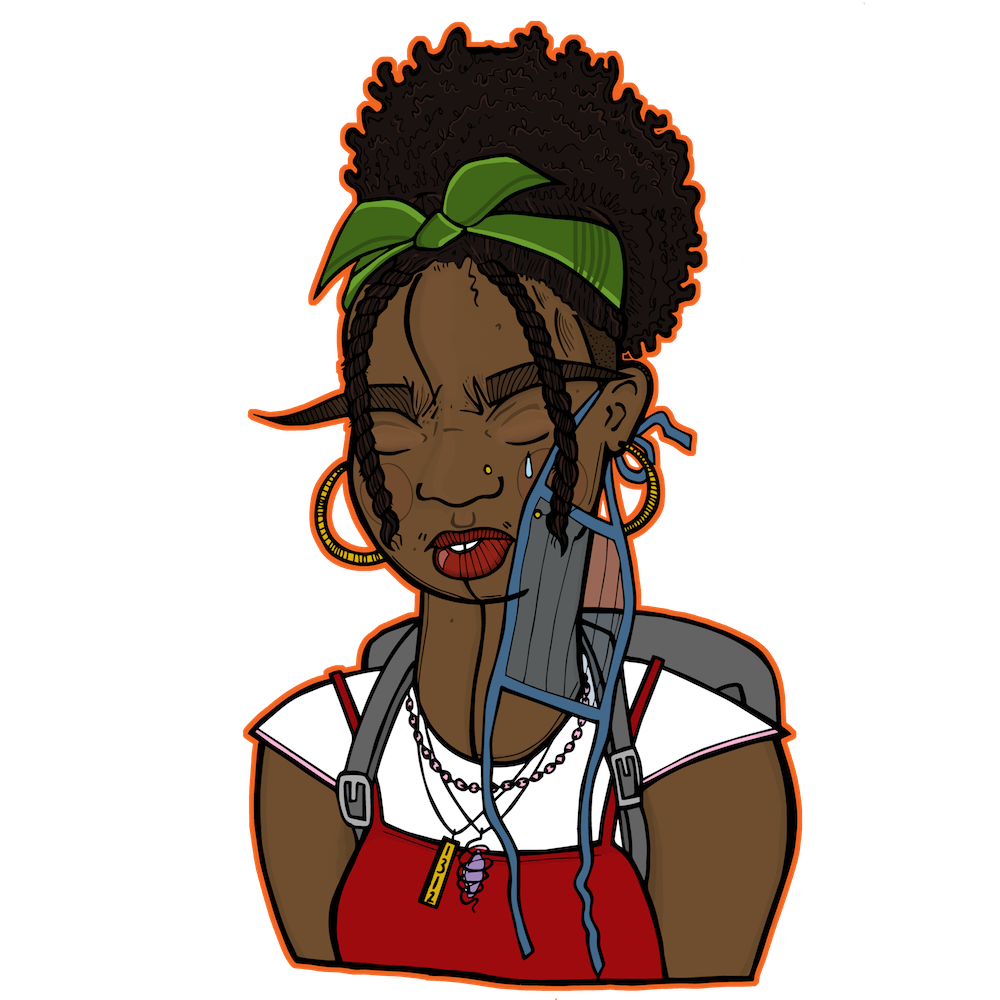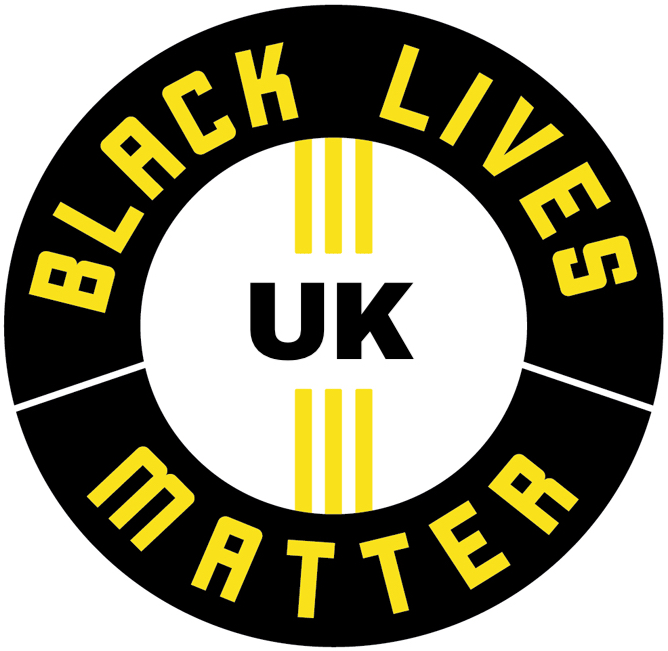
Funding is available for work that falls under one of the following themes.
Black Futures
The deliberate divestment away from our communities in the last few decades means that more than 14 million people are living in poverty in Britain today. Nearly half of Black African Caribbean households live in poverty, compared with just under one in five white families. Your chances of living in poverty are even higher if you are a single mother, if you are disabled, or if you’re trans. And we know that this is made worse by the pandemic.
We are looking for grassroots projects which are providing the vital necessities for Black communities which have been eroded by austerity and/or the pandemic. We will prioritise groups supporting those worst affected by austerity and the pandemic, and are keen to support longer-term, sustainable projects. Crucially, we see these survival projects as one part of a wider project of systemic change and will be looking for applications which are committed to a vision in which Black communities don’t just survive but thrive.
Education
Black children are three times more likely to be permanently excluded from school than their white counterparts. Black children are more likely than average to be failed by the school system, experiencing racist bullying, harassment and often leaving with fewer qualifications. But Black communities also have a beautiful culture of resistance through education.
We are looking for projects which are resisting racism in education, as well as those building educational alternatives. Challenging unfair punishment and criminalisation of Black students, improving access to further and higher education, as well as decolonising curriculums are all vital forms of resistance that exist in state education. But projects in which our young people are active participants in what is learned and how that learning is achieved is an educational philosophy which we also want to see grow. Working with young people to learn more about the histories of our communities and peoples, as well as the issues we face today is a crucial component of any political movement, and we will be looking for projects that work in this tradition.
Black Arts and Culture
Black cultures have always been an integral part of our political movements, from dance to literature, filmmaking to spitting bars. The diversity of black cultures is one of our movements’ strengths, and we conceive of culture in its broadest sense.
We are particularly interested in cultural and artistic projects that are making political interventions which align with our values and platform. We are also looking for projects that are working with grassroots community groups/political movements and are led-by black creatives.
End the Hostile Environment and Border Controls
Over 130,000 people were deported from Britain in the last ten years, as migrants flee underdevelopment, war, and climate change that they did not cause. Justice doesn’t mean border controls, it means reparations for slavery and colonialism, and safe passage.
We are looking for projects which are challenging borders wherever they occur – in our ports, within our public services or on the streets. We are also interested in organisations which provide support for migrants – particularly undocumented people who are criminalised and often forced into poverty. Organisations in which migrants are active participants will be looked upon favourably, as will those which align with our vision for a world free of borders.
Defund the Police – Invest in Communities
Calls to defund, with a view to abolishing the police and prison system, is one of the core political principles of BLMUK. But this vision can only be achieved if we can create the alternative structures of harm reduction and care that make people less likely to come into contact with the police and prison system.
We are looking for organisations which are pushing for abolitionist reforms; changes to the system which reduce our reliance on police and prison power, while empowering community-led forms of harm-reduction, transformative justice, and care. Examples of this include, but are not limited to, projects for young people at risk of being affected by violence, projects for people with mental health problems or neurodivergence and support for imprisoned and formerly imprisoned people.
We will also of course be looking for groups challenging police power directly, including police monitoring groups, advocacy for those affected by police violence, and campaign and protest groups
